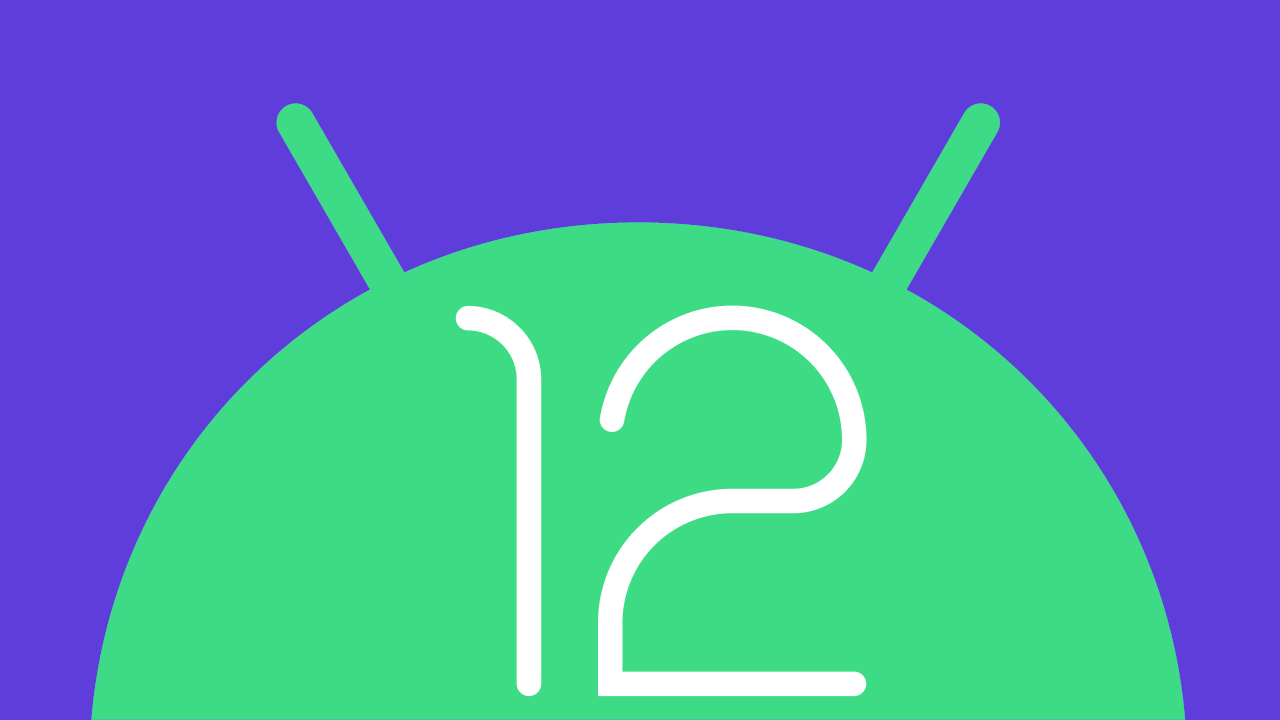Android 12 has the ultimate feature for mobile gaming
The Android 12 beta gives us a sneak peek at audio-coupled haptic feedback that takes mobile gaming to another level


Get all the latest news, reviews, deals and buying guides on gorgeous tech, home and active products from the T3 experts
You are now subscribed
Your newsletter sign-up was successful
The Android 12 Developer Preview is live so of course people have been rooting around to see what features could be available when it drops; and the audio-coupled haptic effect is one of them.
The Android 12 beta is brimming with new tools and features, and you can catch up with what we're looking forward to most in Android 12 for a closer look. The audio-coupled haptic feedback effect has the potential to bring an added level of immersion to gaming and audio experiences, but the bad news is it's not supported on the newest Google Pixel phones.
Developer kdrag0n (via XDA Developers) created an app to test out which Pixel handsets offer audio-coupled haptic support, and it turns out that the Google Pixel 4a 5G, Google Pixel 5, and Google Pixel 3 XL (and presumably the standard Pixel 3) don't support the feature. Meanwhile, the Google Pixel 4 reportedly does.
- Here's how to get a free £7 Amazon voucher today for doing almost nothing
- Samsung will let you try a Galaxy Z Flip or Galaxy Z Fold 2 for 100 days
- Apple M1 MacBook Air gets a 15% price cut – with one tiny catch
You can see the audio-coupled haptic feedback feature in action in the video above (from XDA Senior Member cstark27) that may being a tear of nostalgia to the eye of Daft Punk fans. As XDA Developers notes, the Pixel 3 includes custom vibration patterns synced to stock ringtones on the device but that's as far as it goes.
Android 12's audio-coupled haptic feedback has the ability to allow supporting devices to put out vibrations based on the audio playing; meaning whether it's gaming, or listening to music, your phone will be buzzing away in time with it.
The feature has less utility on the music front, and there are already headphones out there that incorporate haptic feedback which is much more fun when it's blaring into your ears, rather than just making your handset vibrate, but we can certainly see this being a fun feature for games, or other general apps, if implemented properly.
Get all the latest news, reviews, deals and buying guides on gorgeous tech, home and active products from the T3 experts

Shabana worked at T3.com as News Editor covering tech and gaming, and has been writing about video games for almost a decade (and playing them since forever). She's had bylines at major gaming sites during her freelance career before settling down here at T3, and has podcasts, streaming, and video content under her belt to boot. Outside of work, she also plays video games and should really think about expanding her hobbies. If you have any tech or gaming tips, shoot over an email or DM her on social media.